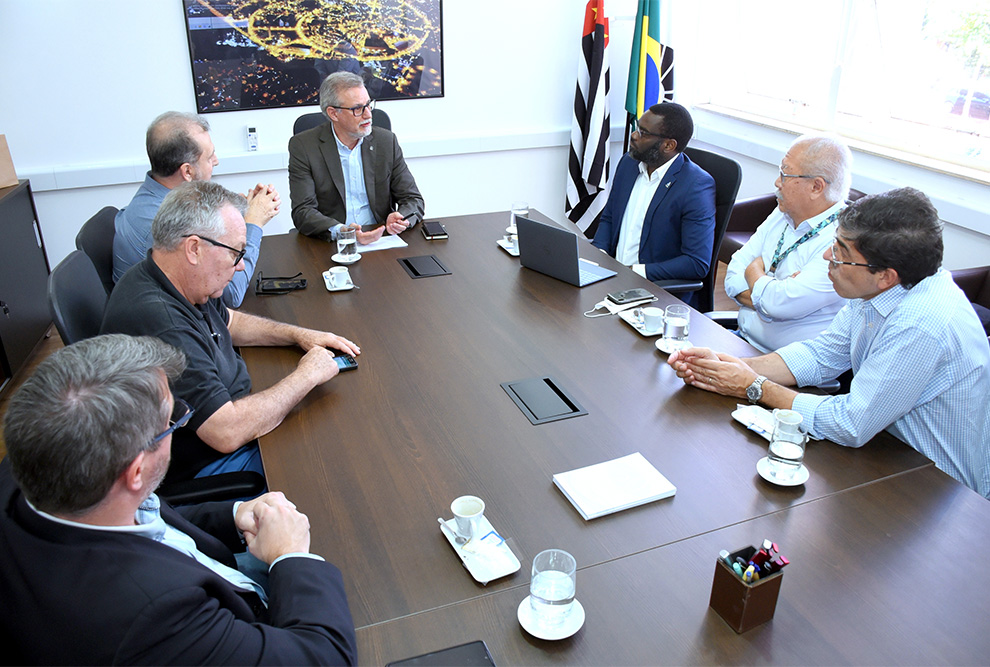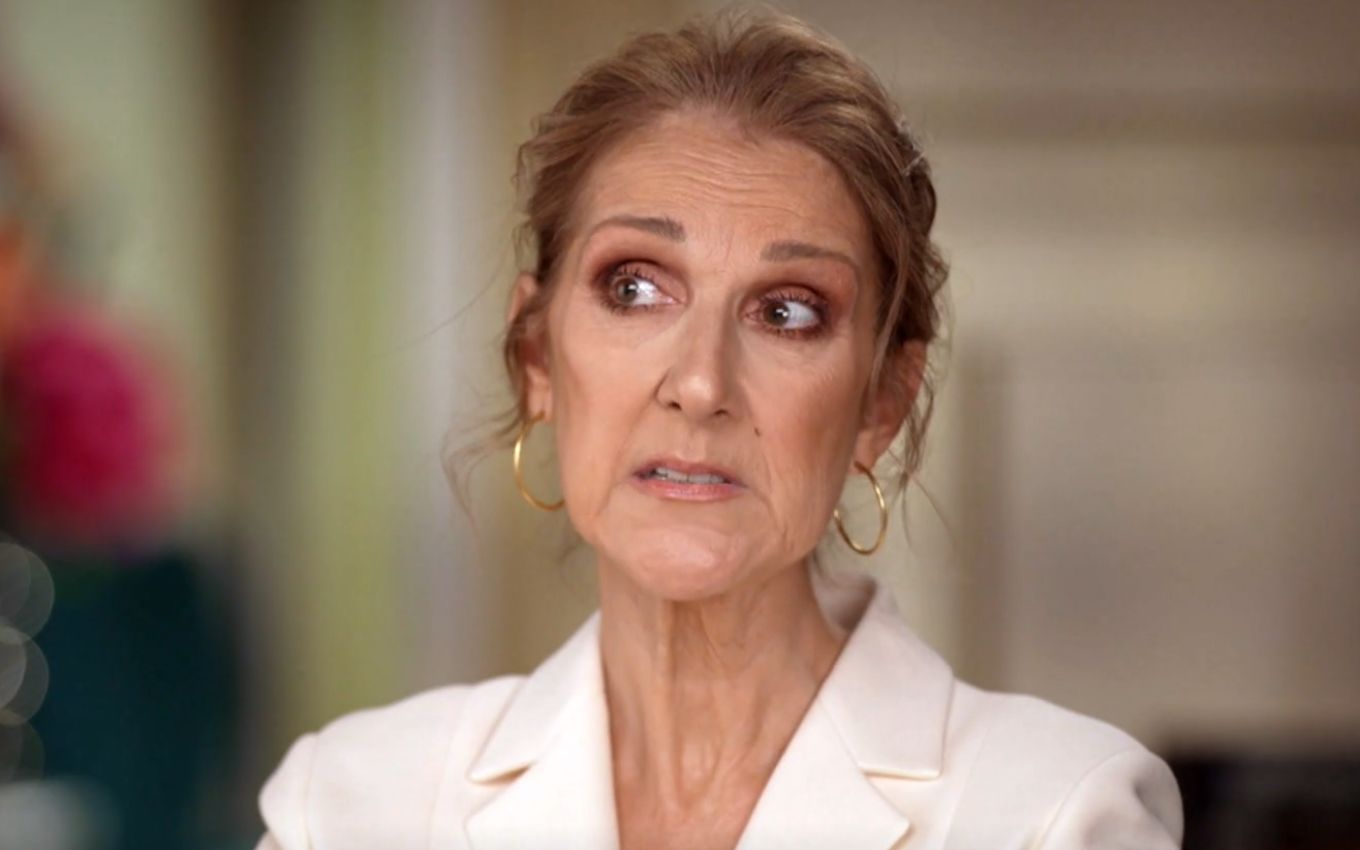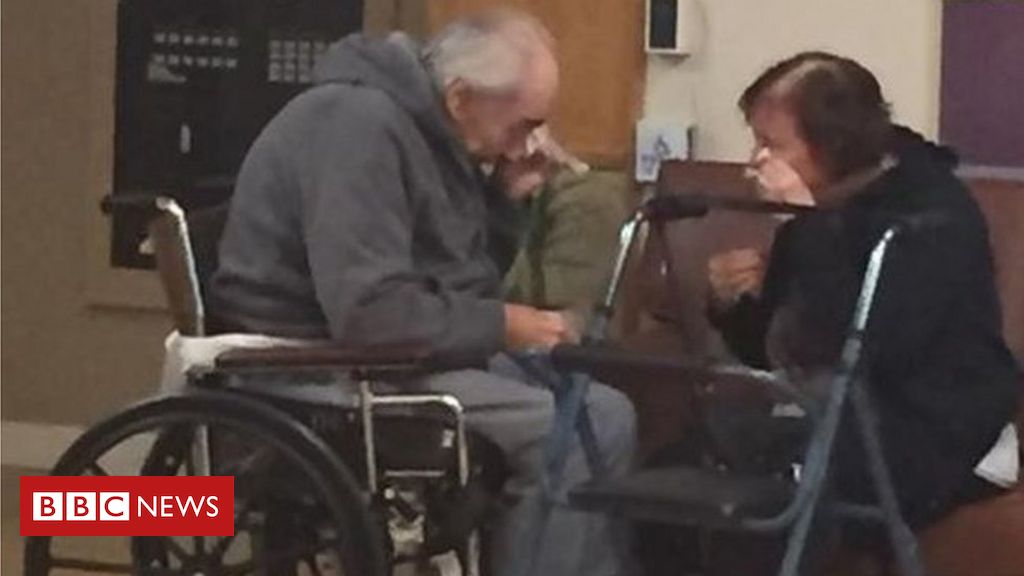Unicamp has started conversations with the Angolan Ministry of Health to establish an agreement through which the University will be able to complete the training and provide training to health professionals in that country. According to the agreement, which began to be articulated this Friday (18), doctors, nurses and health technicians could follow residency and specialization and qualification courses at Unicamp. Furthermore, professors from the Faculty of Medical Sciences (FCM) could contribute to the training of health professionals in this African country.
In addition to collaborating with the Angolan ministry, Unicamp also plans to activate an agreement signed in 2007 with the Agostinho Neto University (UAN), in this African country, to formalize partnerships in various areas of knowledge. “The idea is to work with Agostinho Neto University in an agreement that is basically about student and teacher exchanges – so that we can work in the field of entrepreneurship and employability and work strongly on postgraduate courses, involving different specializations, “whether it is a master’s degree or a doctorate”, explained Professor Job Monteiro Chilembo Jama Antônio, professor at UAN. A doctor in neuroscience, Monteiro is also a representative of the Angolan Ministry of Health.
According to him, the Angolan government has started to implement a broad program aimed at improving the quality of specialized medical care and, to do this, it hopes to count on the support of Unicamp. Monteiro affirms that the University will be able to participate in the training of health professionals – which should involve doctors from the most diverse specialties, a medical residency program and training and qualification actions.
At the same time, according to the Angolan professor, Unicamp could train nurses in various specialty areas and train health technicians – therapeutic and diagnostic. He also affirms that another major concern of the African country is linked to the primary health system and that, also in this area, the University can be important.“We know that Unicamp and its professionals have extensive experience in this area, particularly through their work in the SUS. [Sistema Único de Saúde] and in the exchange between primary, secondary and tertiary units,” he said.
“For us it is important that we have experienced partners, so that they can guide us,” admits the professor. “For us it is also important to speed up this process,” he warns. “The relationship they want to have with Unicamp aims to stimulate the development of training programs, more often, more intensely, so that they come back capable of developing postgraduate courses, residency courses, things which they already have, but which they intend to develop. give greater qualification,” explains Francisco Hideo Aoki, infectious diseases specialist, of the FCM Department of Clinical Medicine.
“For us it is a very good agreement,” summarized the director of the FCM, Claudio Coy, who, alongside Aoki, also participated in the meeting.
Internationalization
The Executive Director of the Executive Directorate of International Relations (Deri), Professor Osvaldir Pereira Taranto, said that the agreement is very important to strengthen the internationalization process of Unicamp. Rafael Dias, professor in Deri, recalled the possibility of signing agreements with the Angolans in several other areas, including the oil sector.
Extension of agreements
The rector of Unicamp, Professor Antonio José de Almeida Meirelles, said that the University “is very interested” in expanding agreements with the Angolan educational institution and in signing agreements with the government of this country.
“We have several points of contact and our intention is that these points are expanded,” Meirelles said. The rector says the agreement with the Angolans could bring benefits to Unicamp. “This will help us a lot in the internationalization process. For us, it is very important to have people from outside, especially since we do not have a language barrier,” he reflected, recalling that Portuguese is also spoken in Angola. “It’s an ambitious project. We must now look for ways to move this project forward,” concluded the dean.
The head of the Rector’s Office, Professor Paulo César Montagner, also participated in the meeting.

“Typical thinker. Unapologetic alcoholaholic. Internet fanatic. Pop culture advocate. Tv junkie.”


:strip_icc()/i.s3.glbimg.com/v1/AUTH_da025474c0c44edd99332dddb09cabe8/internal_photos/bs/2023/D/n/i7eIkcQsAB0YgsWKDQMw/whatsapp-image-2023-03-08-at-10.48.49.jpeg)




:strip_icc()/i.s3.glbimg.com/v1/AUTH_63b422c2caee4269b8b34177e8876b93/internal_photos/bs/2021/T/V/IFkavRRSSjHCBPZfqVXw/ap21313490536644.jpg)